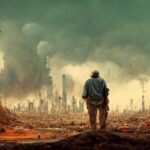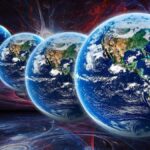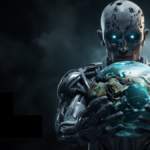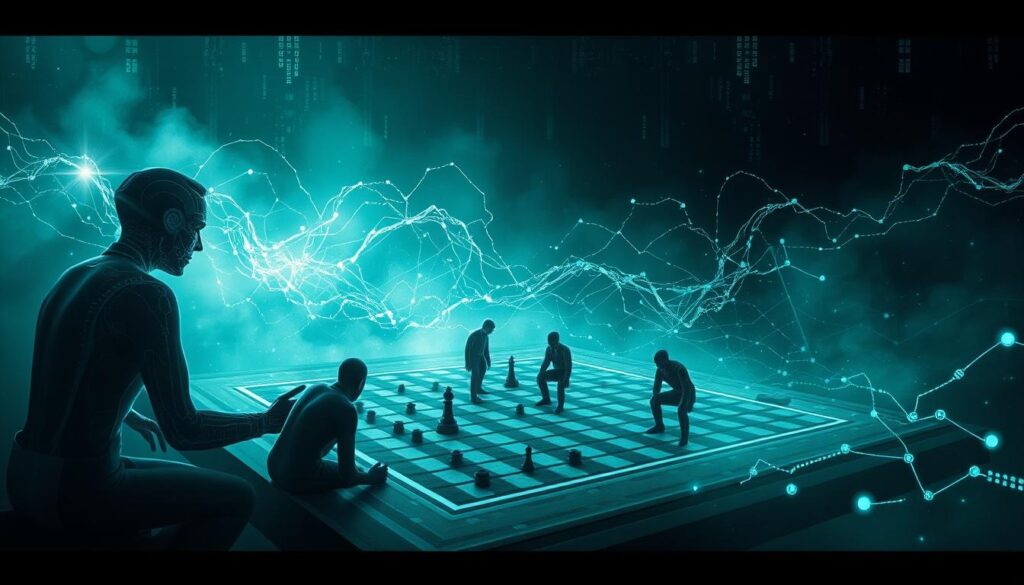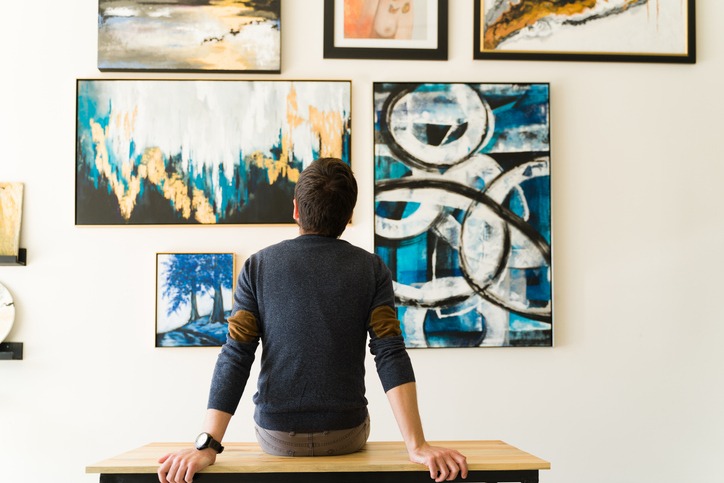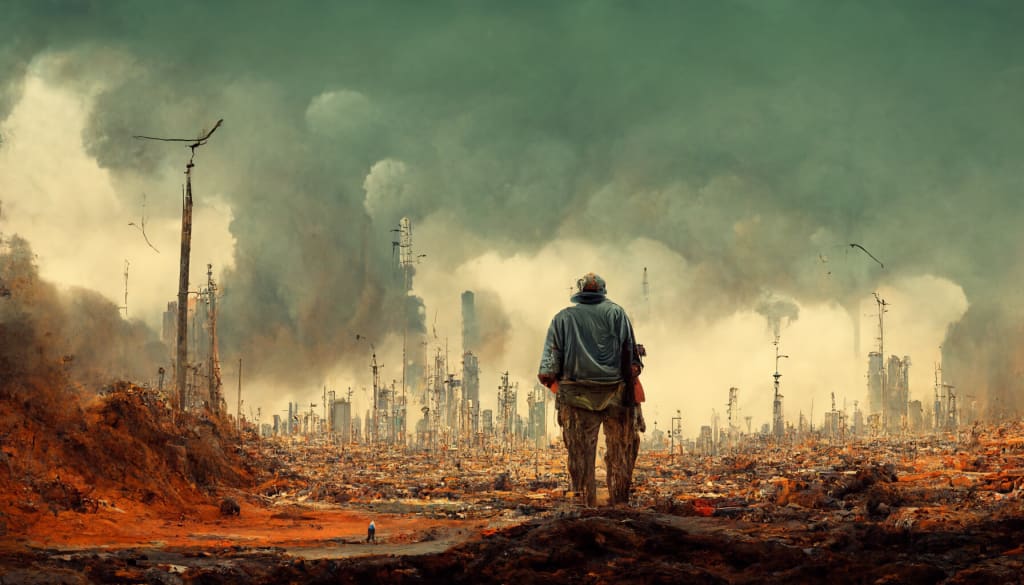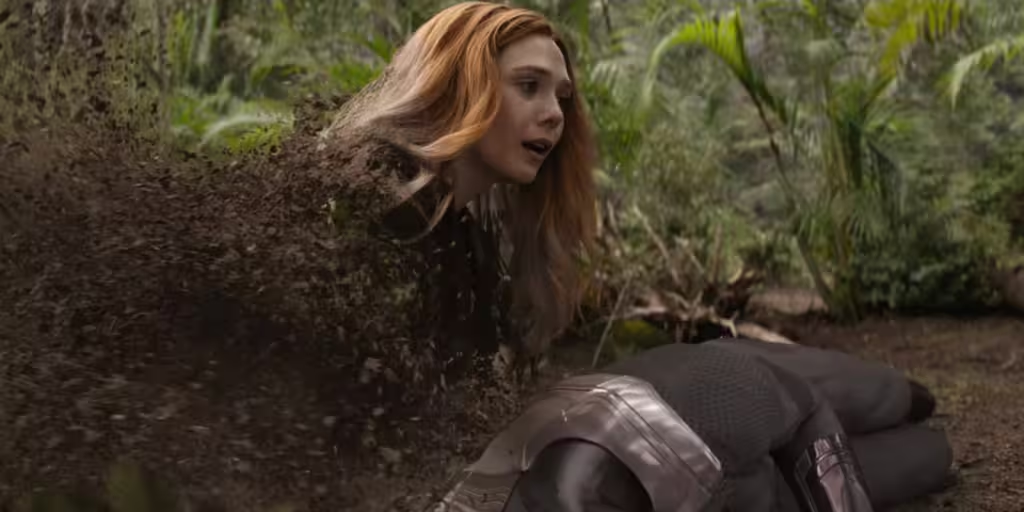The alarm clock blares its usual wake-up call. You silence it, stretching as sunlight filters through the curtains. It’s oddly quiet outside, but you don’t think much of it as you start your morning routine. The TV hums in the background as you make coffee, but you’re too groggy to notice it’s only showing static.
Thank you for reading this post, don't forget to subscribe!
It’s when you step outside that the first inkling of wrongness hits you. The street is deserted. No cars moving, no neighbours collecting their morning papers. You shake off the unease and head to work, assuming it’s just an unusually quiet morning.
But the roads are empty. Completely empty. A few cars sit abandoned, doors ajar as if their occupants vanished mid-journey. Your radio sputters nothing but static as you drive past eerily silent neighbourhoods and businesses.
Your workplace parking lot is deserted. The building is dark, locked. Fumbling with your phone, you try calling coworkers, family, anyone – but there’s no signal. Panic rising, you drive to the nearby mall, the hospital, the police station. All empty. No people. Anywhere.
Hours pass as you search the city, your movements becoming more frantic. You shout until your voice is hoarse, but no one answers. The streets echo only with the sound of your own desperate calls.
As the sun begins to set, casting long shadows over the abandoned cityscape, the horrifying truth finally sinks in. There is no one left. No family, no friends, no strangers. In a world built for billions, you stand alone.
You are the last person on Earth.
The magnitude of this realization hits you like a physical blow. You collapse to your knees in the middle of an empty street, surrounded by the ghostly remnants of a vanished civilization. The silence is deafening, broken only by your ragged breathing and the erratic beating of your heart.
How did this happen? Why were you spared? And what do you do now, in a world where you are the sole survivor?
The Initial Shock
At first, the idea might seem exhilarating. No more traffic jams, no more queues, no more workplace stress. You could walk into any store and take whatever you want. Always dreamed of driving a Ferrari? Now’s your chance. Fancy living in the White House? It’s all yours.
Picture yourself strolling through empty streets of New York City, the usual cacophony replaced by an otherworldly quiet. You climb to the top of the Empire State Building, gazing out at a city frozen in time, devoid of human activity. The world is your playground, but for how long?
The first days pass in a blur of disbelief and desperate searching. You broadcast messages on every radio frequency, leave notes in prominent locations, and search house after house, clinging to the hope that someone, anyone, might have survived whatever catastrophe befell humanity.
But as days turn to weeks with no sign of life, the reality of your situation begins to set in. The world, once teeming with over 7 billion souls, is now yours alone. How will you live? What will you do? How long can you survive? Let’s explore this haunting scenario.
The Harsh Reality Sets In
As days turn into weeks, the novelty wears off, replaced by the brutal reality of your situation. The silence that once felt liberating now becomes oppressive. The lack of human interaction starts to gnaw at your psyche. You find yourself talking to mannequins in department stores, desperate for any semblance of company.
Survival becomes your primary concern. Without maintenance, cities quickly become death traps. Imagine navigating through the overgrown streets of Los Angeles, nature reclaiming what was once hers. Buildings crumble, fires rage unchecked, and wild animals roam freely. You realize that your safe haven might be in the countryside, away from the decay of urban centres.
The Quest for Sustenance
Food becomes a constant preoccupation. Initially, you feast on supermarket perishables, savouring foods you once took for granted. But as time passes, you’re forced to rely on canned goods and non-perishables. You learn to forage, fish, and hunt, skills you never thought you’d need in the 21st century.
Picture yourself in an abandoned farm, tending to crops and a small flock of chickens. You’ve become a modern-day Robinson Crusoe, your survival is dependent on your ability to adapt and learn. Every meal becomes a reminder of your solitude and the fragility of your existence.
The Battle Against Time
As months turn into years, you face new challenges. Fuel goes stale, rendering most vehicles useless. You resort to bicycles or horses for transportation, and your world is shrinking as long-distance travel becomes increasingly difficult.
Imagine the eerie sight of major highways overgrown with vegetation, nature slowly erasing the scars of human civilization. You navigate this new world carefully, aware that a simple injury could be fatal with no one to help you.
The Psychological Toll
Perhaps the greatest challenge is maintaining your sanity. The weight of being humanity’s sole survivor bears down on you. You create routines to give structure to your days, but the loneliness is all-encompassing. You find yourself leaving messages in cities you visit, hoping against hope that someone, somewhere, might find them.
Picture yourself sitting in a grand library, surrounded by all the knowledge of human history, yet unable to share or discuss it with anyone. The irony of having the entire world to yourself, yet feeling trapped in the smallest of prisons, is not lost on you.
A Glimmer of Hope?
As you navigate this solitary existence, a question lingers: Are you truly the last person on Earth? The possibility, however remote, that someone else might be out there becomes both your greatest hope and your deepest fear. Would finding another survivor be a blessing or merely postpone the inevitable extinction of our species?
In the end, being the last person on Earth forces you to confront fundamental questions about human existence. What gives life meaning in the absence of others? How much of our identity is tied to our relationships and societal roles? As you stand alone, gazing at a world forever changed, you realize that the apocalypse isn’t just the end of civilization – it’s a profound transformation of what it means to be human.



